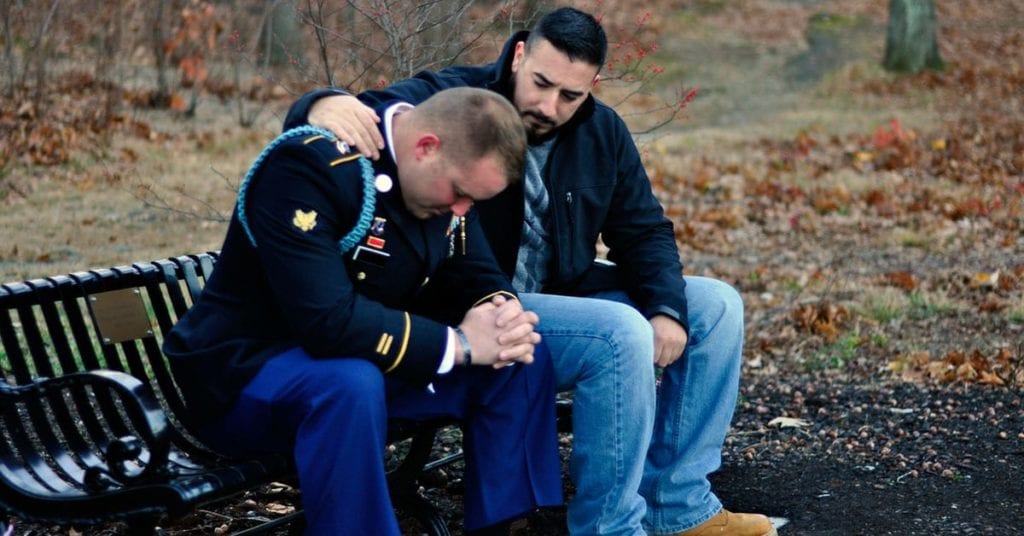A surprising number of people will experience post-traumatic stress disorder (PTSD) at one point in their lives. PTSD affects all types of people at different stages in life, and this, by no means, reflects on the strength of the individual who is suffering. Many traumas are out of the individual’s control, such as injury or abuse. Certain traumas and stressors can overwhelm the mind and body, some temporarily and others causing more complicated symptoms and lengthier recovery times. PTSD occurs from both minor and severe traumas, and many people, up to 8 million adults per year, experience warning signs and symptoms.
National Gender Statistics on PTSD and Trauma
- Nearly 10% of women develop PTSD at some point in their lives;
- Nearly 4% of men may develop PTSD at some point in their lives.
- About 60% of men experience a trauma in their lives;
- Whereas, around 50% of women experience a trauma in their lives.
Dealing with Dissociation
PTSD does not stay in one place so to speak, but rather has the eager ability to develop into more complex disorders, at times even exhibiting symptoms so serious they can disturb and interrupt normal mental processes and functioning. Behavior, quality of emotional state, perception, judgment and sense of self are at risk when dealing with dissociation. It is best to combat any red flags head on to avoid further developments. Feelings of detachment, loneliness and memory loss are key symptoms pointing toward a dissociative disorder.
PTSD – Warning Signs & Support
Shock, anger, fear and guilt are all common emotions associated with PTSD. As described above, PTSD is caused by trauma, or more specifically, a terrifying event where the individual feels helpless in a situation that presents as life-threatening. These paralyzing moments in life can create subconscious triggers in the mind that provoke flashbacks, reflex reactions and feelings of fight or flight.
Below are the main symptoms of PTSD:
- Re-experiencing the traumatic event
- Avoiding reminders of the trauma
- Increased anxiety and emotional arousal
- Flashbacks, nightmares, difficulty falling/staying asleep
It is best if the individual is not immediately exposed to situations that may arouse memories of the traumatic event. Traumas like sexual assault, harassment or domestic abuse, including those which occur among military forces, can make it so an individual does not feel they can function the same as they could before the event occurred.
Recovery Methods
Medical centers, such as Advantage Mental Health Center, can be of great assistance at any stage in your coping and journey to recovery from PTSD. Since PTSD develops differently for everyone, the trained professionals at AMHC help you address and manage instances of the disorder by using individualized plans to combat the symptoms. With compassion and excellence in patient care, and one-on-one counseling sessions as well as group therapy, the AMHC team sticks by your side through every step of the way.
If you or someone you know is suffering from PTSD, get help today. Call 727-600-8093 to schedule an appointment.


